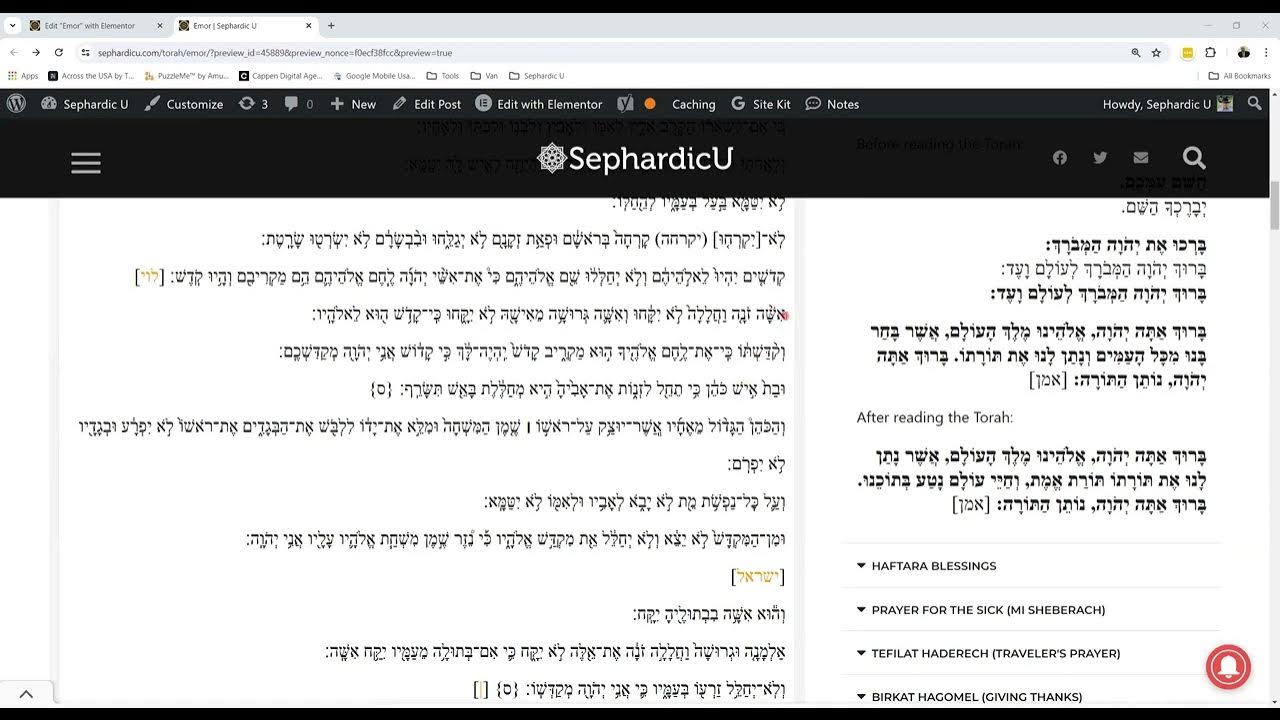In the beginning of the 8th chapter in Shemot, God asks Moses to say to Aaron to hold his arm over the rivers, the canals and the ponds, and bring up the frogs on the land of Egypt. Funnily enough though and as in previous ocasions, the Pharoh’s magicians did the same with their spells and bought even more frogs (Shemot, 8:1-3).
If the original intention of the plague of the frogs was to annoy the egyptians, and if the magicians end up bringing even more frogs, one has to ask for whom they were working or why they did what they did.
With the sudden amphibian superpopulation, Pharoh summons Moses and Aaron. He asks them to plead with the Lord to remove the frogs from him and his people. If they do that and the frogs dissappear, Pharoh would let the Children of Israel go and sacrifice to their God. Moses pleads, but the frogs don’t “retreat”. They die on the spot, piling up in heaps until the land stank. But once Pharoh sees that Egypt’s frog population ceases to be a problem, at least the ones alive, he hardens his heart and does not listen to Moses and Aaron (Shemot, 8:4-11).
Rabbi Ovadiah ben Jacob Sforno explains this hardening of the Pharo’s hearth. He was willing to put up with the stench of the dead frogs. But as king of Egypt, he is not to be afraid of a return of the frogs –or crocodiles, as Sforno interprets. With the frog’s death, Pharoh finds enough courage to avoid admitting his impotence in front of the God of the Children of Israel (Ovadiah ben Jacob Sforno, commentary on Shemot 8:11).
We could say that Pharoh is a victim of his own image and of his own magicians. Had he recognized at once his impotence and hopelesness before God, the magicians wouldn’t have ended up creating even more frogs than necessary (or was that the whole point?).
Sometimes signals are presented clearly and we just need to know where and how how to look. Then we can let go of whatever it is we’re doing. Instead, we keep trying, thus making things much more complicated than they shoud be, even with the best of intentions. We do end up having too many toads.







Parashat Behar – Weekday Torah Reading (Moroccan TeAmim)